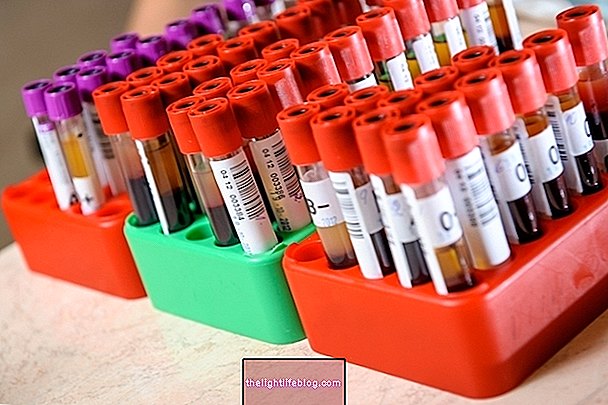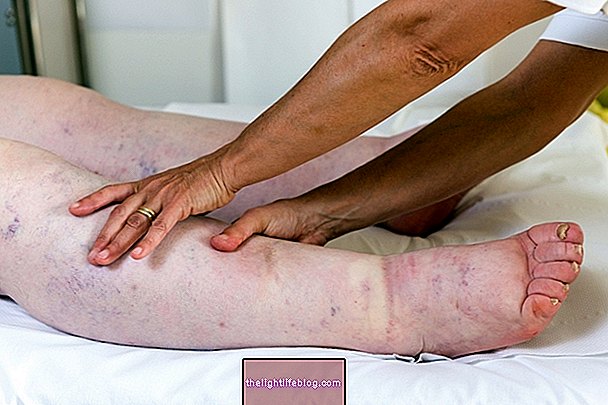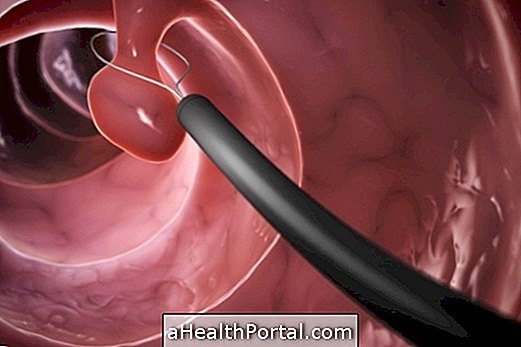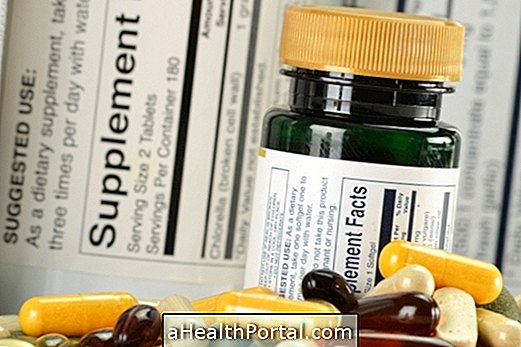Superbugs are the result of incorrect use of antibiotics that lead to genetic mutations making them resistant to these drugs. Unfortunately even the strongest antibiotics such as carbamines do not have any effect on the superbugs, which end up being difficult to control, and can lead many to death.
The bacterium Klebisiella pneumoniae, known by the acronym KPC, is an example of superbug, which is capable of resisting most of the existing antibiotics, provoking symptoms such as high fever, difficulty breathing and recurrent infections, being potentially fatal.
Other examples of superbugs are E. coli and Pseudomonas aeruginosa, which are also difficult to control. Usually the KPC is restricted to hospitals, but this superbugeria has already been found in public places which puts everyone at risk.
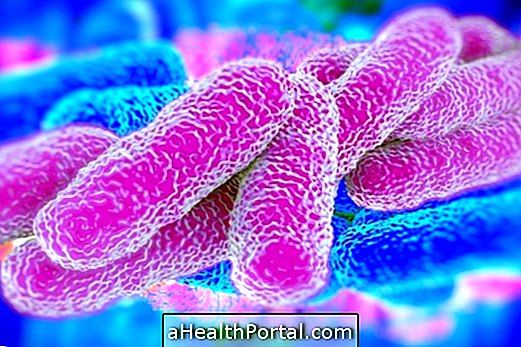
Symptoms caused by superbug
Symptoms vary according to the bacteria present and doctors usually do not suspect a superbug, until the treatment that is usually performed ceases to be effective, increasing the multiplication of this microorganism in the body and increasing the severity of the disease.
To know that it is a superbugia the diagnosis should be made through an examination called antibiogram, which is able to identify any bacteria in the body, indicating also the most indicated remedies and those that have no effect.

Treatment against Superbacteria
Treatment for superbugia should be done at the hospital with injections of a combination of antibiotics, directly into the vein to fight off bacteria and prevent the onset of other infections.
It is sometimes necessary to combine more than 20 different antibiotics to control the superbug, but there are chances of cure.
Infection with a superbugia can be difficult to reach because there are few antibiotics that can eliminate it. Usually a person needs to be hospitalized for weeks or months, having to take a combination of several antibiotics to control the infection.
During treatment, the patient is isolated and visits must be restricted, and clothing, masks and gloves must be worn to avoid contaminating others.
How to use antibiotics correctly
To use antibiotics properly by avoiding the development of superbugs it is important to only take antibiotics when they are prescribed by the doctor, and by the time and dose recommended by himself that the symptoms disappear sooner.
This care is one of the most important because when the symptoms begin to decrease, people stop taking the antibiotic and thus the bacteria gain more resistance to the drugs, putting everyone at risk.
Another important care is to only buy antibiotics with a prescription and when you get cured, take the rest of the medicine left over to the pharmacy, not throwing the containers in the trash, in the toilet, or in the kitchen sink to avoid contamination of the environment, which also causes the bacteria to become more resistant and more difficult to cure.
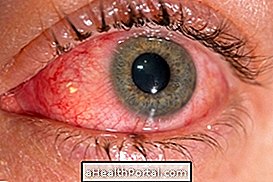




-o-que--sintomas-transmisso-e-tratamento.jpg)


